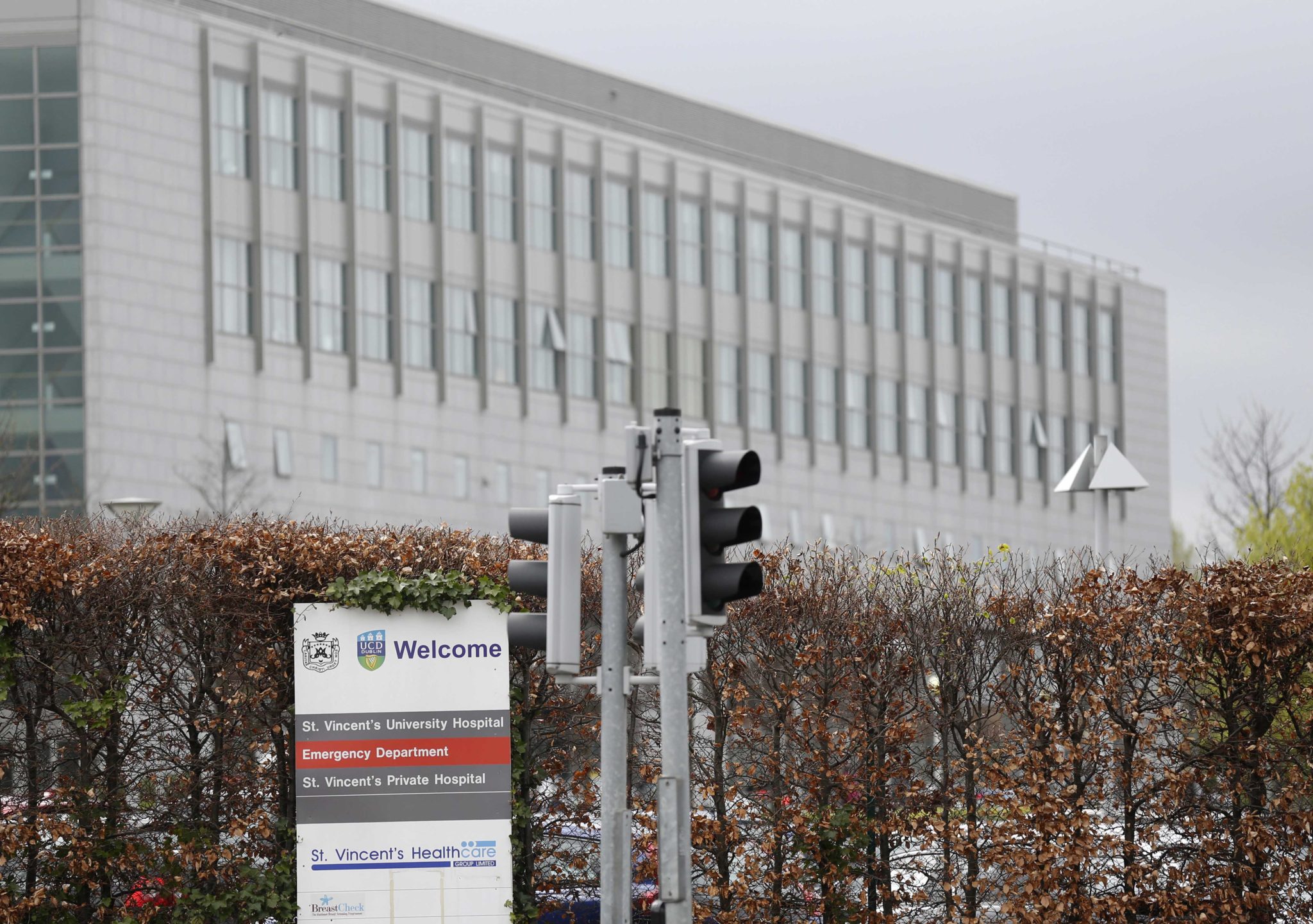Ireland needs more than three hospital beds for adult eating disorder patients, a campaign group has urged.
Cared Ireland, a support group for the families of those with eating disorders, has called on the Government to invest more in services for patients.
Official figures have recorded a notable increase in the number of people presenting with eating disorders in recent years.
However, Cared Ireland founder Paula Crotty said capacity for adult patients in the health service remains unchanged.
“If you asked somebody 20 years ago, they’d have told you there were three eating disorder beds for adults,” she explained to Lunchtime Live.
“20 plus years later, it’s still the same.”
 Jennifer. Image: Supplied.
Jennifer. Image: Supplied.For Ms Crotty, the issue is deeply personal; her daughter Jennifer died in 2023 with an eating disorder, having struggled for nearly a decade with the disease.
“We sought help for her straight away,” she recalled.
“She took the rest of the year out - she was in college at the time - and we naively thought, ‘Ah, she’ll be back in college in September.’
“It wasn’t like that; Jennifer was in St Vincent’s really from April 2014 until June 2015.
“At which point, through court order, we got Jennifer over to London to an eating specialised disorder unit in London.
“She improved a little bit over there, came back home but there really wasn’t any supports services here to continue any kind of progress that she had made over there.”
 St Vincent’s Hospital in Dublin. Picture by: RollingNews.ie.
St Vincent’s Hospital in Dublin. Picture by: RollingNews.ie.Fortunately, the family lived in the catchment area of St Vincent’s Hospital in Dublin, where the State’s three beds for adult eating disorder patients are located.
Anyone who lives outside the catchment area is not entitled to a bed.
“There are more beds that are needed for people,” Ms Crotty said.
“The HSE and the National Clinical Eating Disorder Programme, they’re all saying, ‘Well, people are better off treated in an outpatient basis’.
“That is true - but equally so, there isn’t enough services in the outpatient service for them to do better.
“So, they need to be admitted as inpatients.”
Ms Crotty continued that while things “have improved” since Jennifer was first diagnosed 12 years ago, capacity in the health service needs to be scaled up.
In a statement to Newstalk, a spokesperson for the HSE noted that, "Most people can and do recover from eating disorders (ED) if they receive effective, evidence-based treatment from ED-trained staff".
"The NCPED is focused on developing adult community ED teams and day programmes, which will be essential to the functioning of inpatient services," they said.
"Adults who have an ED diagnosis and require inpatient care can be referred to any of the HSE’s acute inpatient mental health approved centres around the country.
"The HSE funds beds within private hospitals with dedicated ED programmes for adults when recommended by an adult psychiatrist.
"One Adult ED Team also provides care to its catchment area with 3 specialist eating disorder beds in St Vincent’s University Hospital.
"The HSE funds a small number of specialist ED beds via the Treatment Abroad Scheme (TAS), when clinically indicated for severe anorexia nervosa, it is not routinely used."
If you are impacted by the issued discussed in this article you can contact the helpline of BodyWhys, the Eating Disorders Association of Ireland, on (01) 2107906.
Main image: An empty bed in hospital room. Picture by: Tony Tallec / Alamy Stock Photo.









